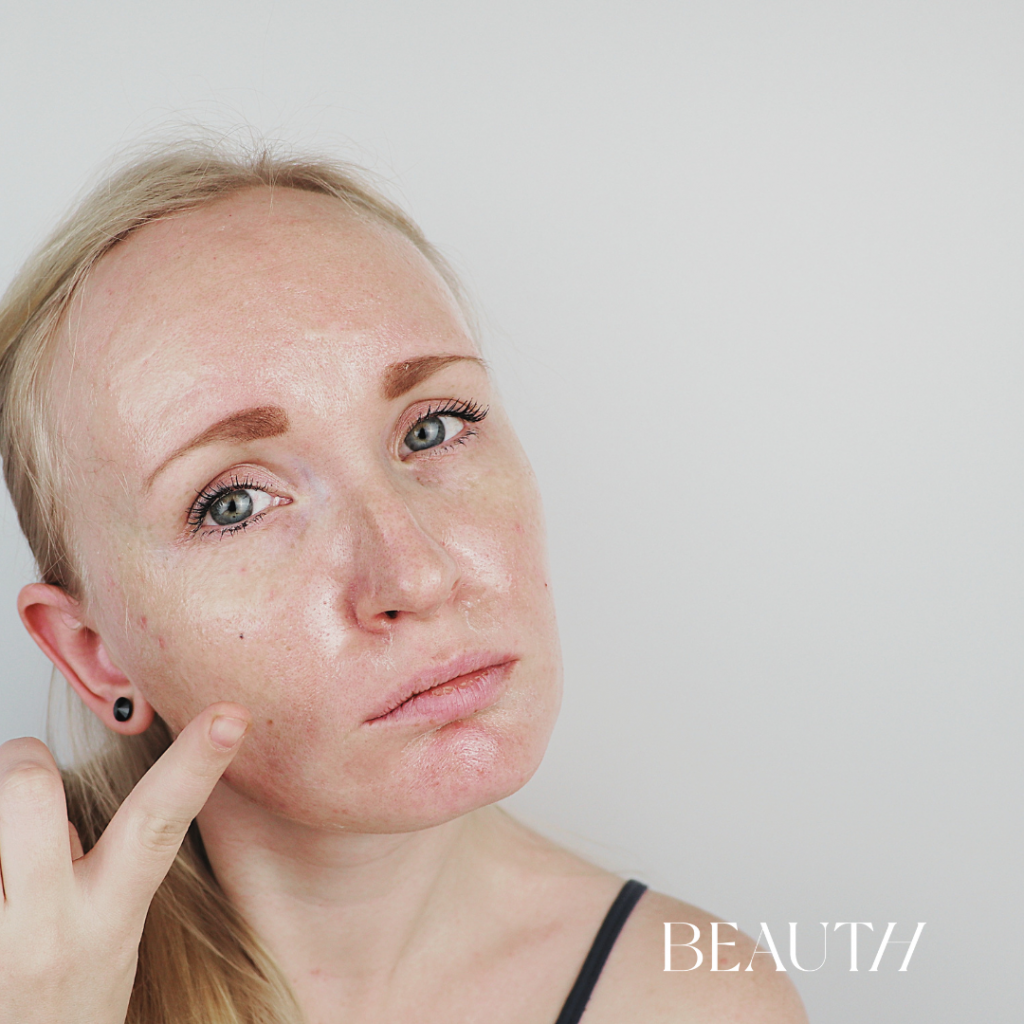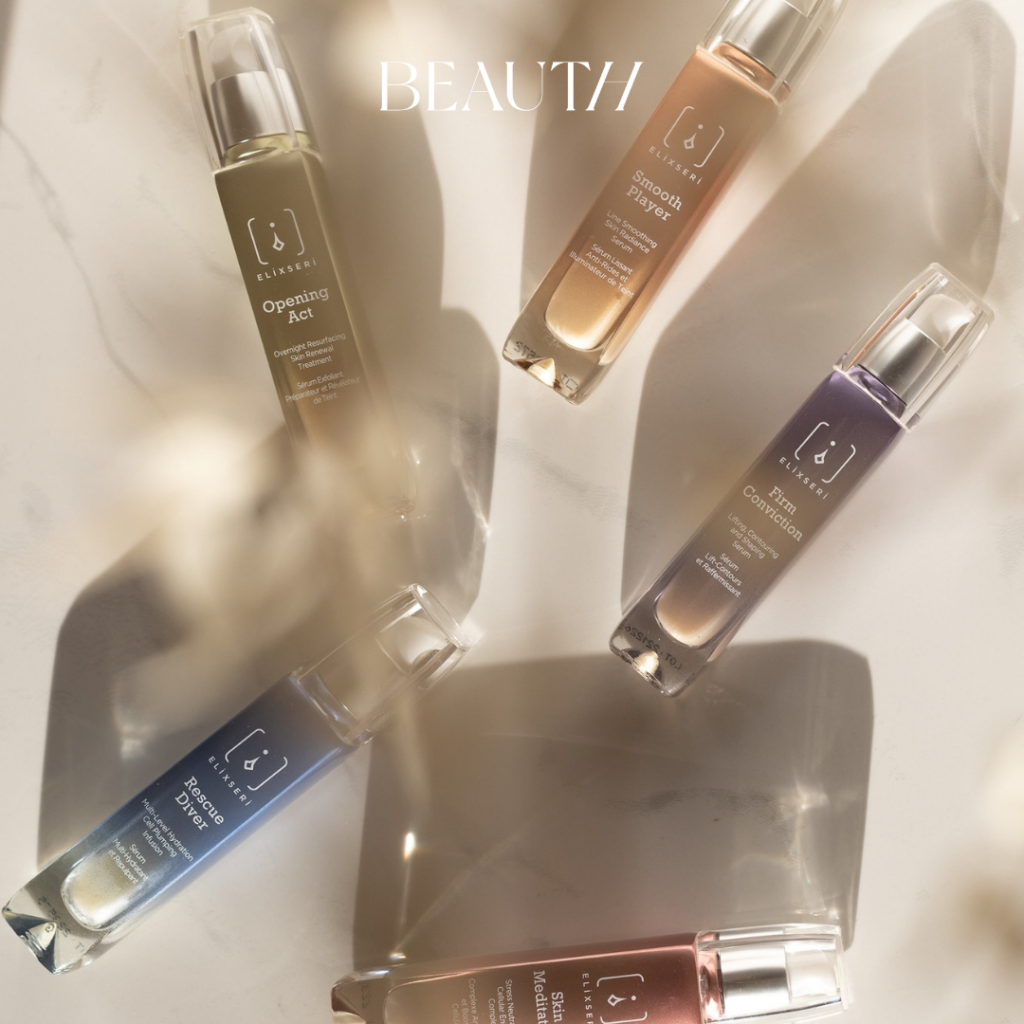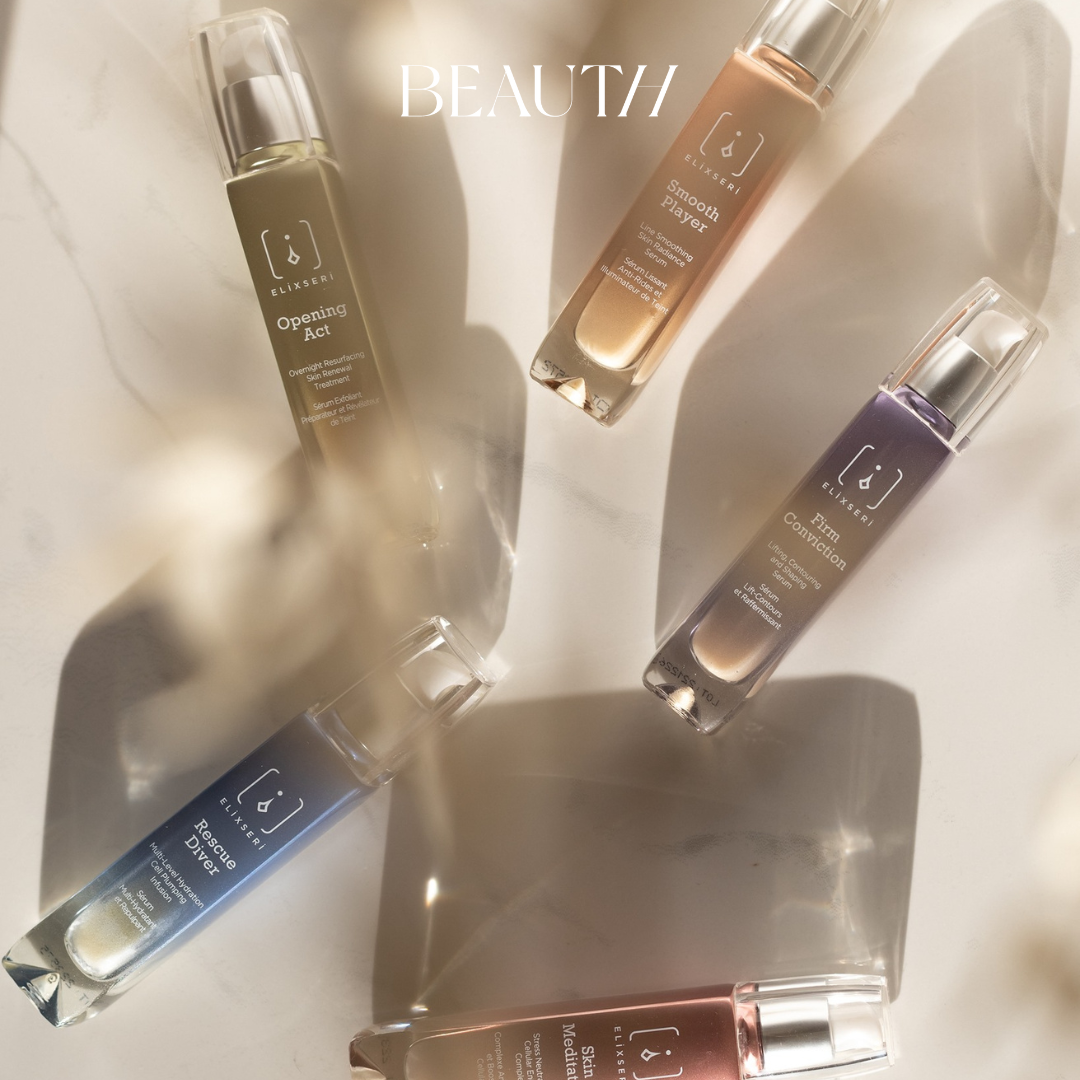
Oily skin is caused by excessive sebum production by the sebaceous glands. These glands are found beneath the skin’s surface.
Sebum is an oily fat-based substance. Sebum isn’t entirely bad because it protects and moisturizes your skin and keeps your hair shiny and healthy. Too much sebum, on the other hand, can cause oily skin, which can lead to clogged pores and acne. Sebum production can be increased by genetics, hormonal changes, or even stress.
Acne and oily skin are difficult to manage. Nonetheless, home remedies frequently relieve symptoms without the use of prescription drugs or costly skin care regimens. Here are ten home remedies for oily skin that you can try.
1. Wash your Face
Although it may appear obvious, many people with oily skin do not wash their faces on a daily basis. If you have oily skin, wash your face twice a day — but don’t overdo it. Avoid using abrasive soaps or detergents. Instead, use a gentle soap, such as glycerin soap.
If you wash your face too frequently (or too harshly), your skin will produce even more oil to compensate for the dryness. As a result, it’s a good idea to develop a face washing routine that strikes a happy medium.
2. Cleansing Cloths
Although it may appear obvious, many people with oily skin do not wash their faces on a daily basis. If you have oily skin, wash your face twice a day — but don’t overdo it. Avoid using abrasive soaps or detergents. Instead, use a gentle soap, such as glycerin soap.
If you wash your face too frequently (or too harshly), your skin will produce even more oil to compensate for the dryness. As a result, it’s a good idea to develop a face washing routine that strikes a happy medium.
3. Use Honey
Acne is caused not only by excess oil, but also by bacteria on the skin. Honey can be used to remove excess bacteria and oil.
Honey is naturally antibacterial and aids in the retention of the skin’s natural moisture. Furthermore, it is a treatment that is most likely already in your pantry. Simply apply some honey to your face (raw and organic is preferred), let it sit for a few minutes, and then gently wash it off with warm water.
4. Cosmetic Clay
Cosmetic clays, also known as healing clays, are used to absorb skin oil and treat a variety of skin conditions. Because it is highly absorbent, French green clay is a popular treatment for oily skin and acne. French green clay is available in powder form. Clay masks that are removed with water are gentler on the skin than peel-off masks.
5. Use Oatmeal
When you’re making breakfast, set aside some oatmeal for your face. Because oatmeal is a natural anti-inflammatory, it helps to soothe the skin. The grain absorbs oil while also gently exfoliating — without the usual risk of drying you out.
To make a standard bowl of oatmeal, follow the directions (sans toppings, of course). Allow the oats to cool before slathering them on your face and relaxing for about 20 minutes in your breakfast mask. Wash off with warm water and follow up with a moisturizer to lock in the oaty goodness.
6. Activated Charcoal
Activated charcoal is completely natural and draws out any gunk that has accumulated around the pores. Despite its powerful cleaning abilities, charcoal is gentle on the skin.
Don’t use a charcoal product every day for the best results. This may cause your skin to become dry and upset the oil balance. Use it a few times per week to remove excess sebum.
7. Use Serums
Serums can be very helpful for oily skin because they are designed to deliver a potent dose of active ingredients in a lightweight, easily absorbed formula. When it comes to oily skin, it’s important to choose a serum that is non-comedogenic and oil-free, as these formulations are less likely to clog pores and exacerbate oiliness.

8. Aloe Vera
Aloe vera is well-known for its ability to relieve burns and other skin conditions. Apply a thin layer to your face before going to bed and leave it on until the next morning. Aloe vera has been linked to allergic reactions in people with sensitive skin. If you’ve never tried aloe vera before, start with a small amount on your forearm. It should be safe to use if no reaction occurs within 24 to 48 hours.
9. Tomatoes
Tomatoes are high in B-vitamins, antioxidants, and enzymes, all of which are beneficial to the skin. While it may appear strange to slice a tomato and rub it on your face, it may be a good idea for people with oily skin.
10. Lemon
Keeping acne-causing bacteria at bay is an excellent method for avoiding breakouts. Because lemon juice contains natural antibiotics, it can help keep your skin clear. Again, this has the potential to be drying, so use only once or twice a week or during acne flare-ups.

